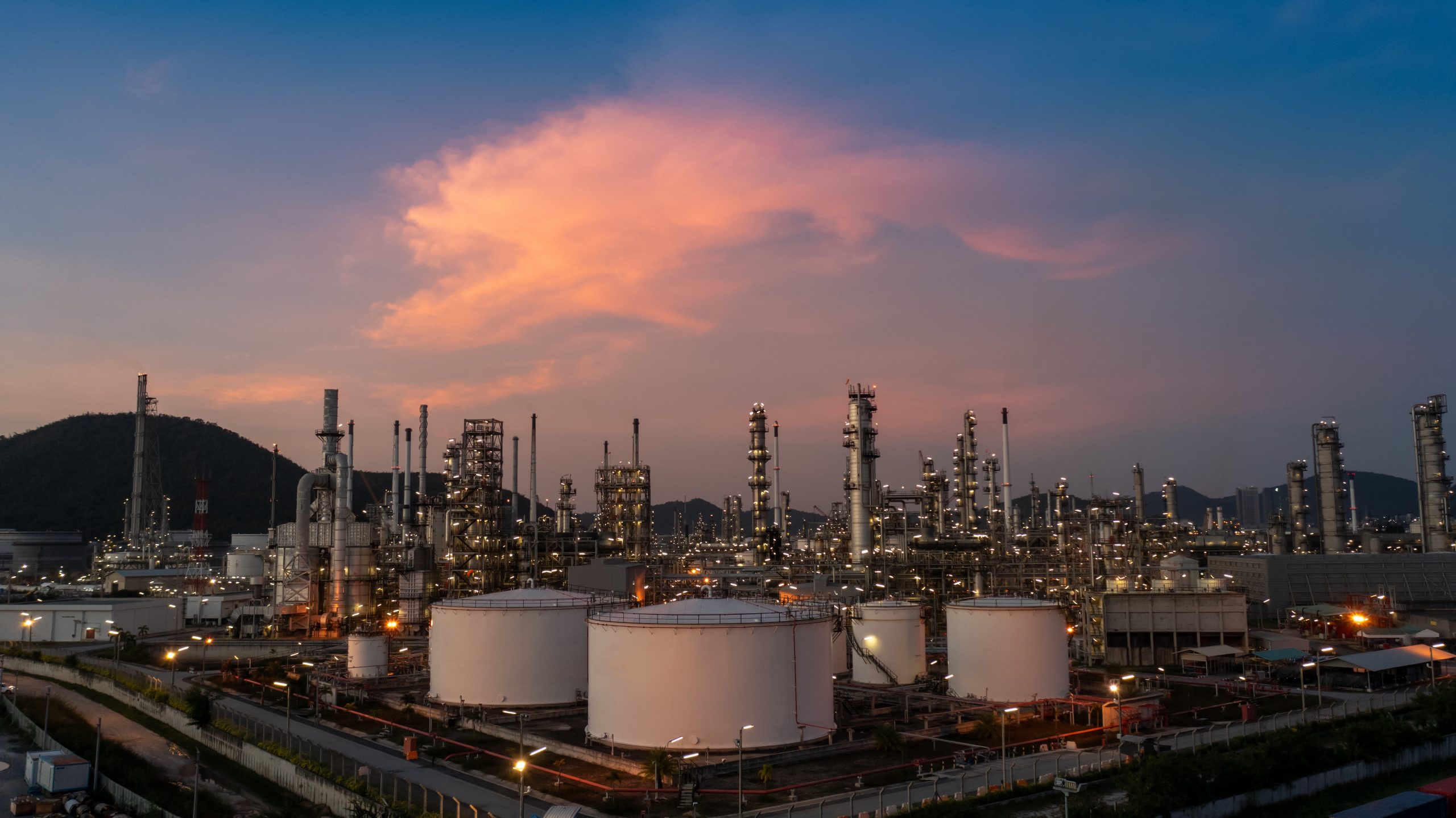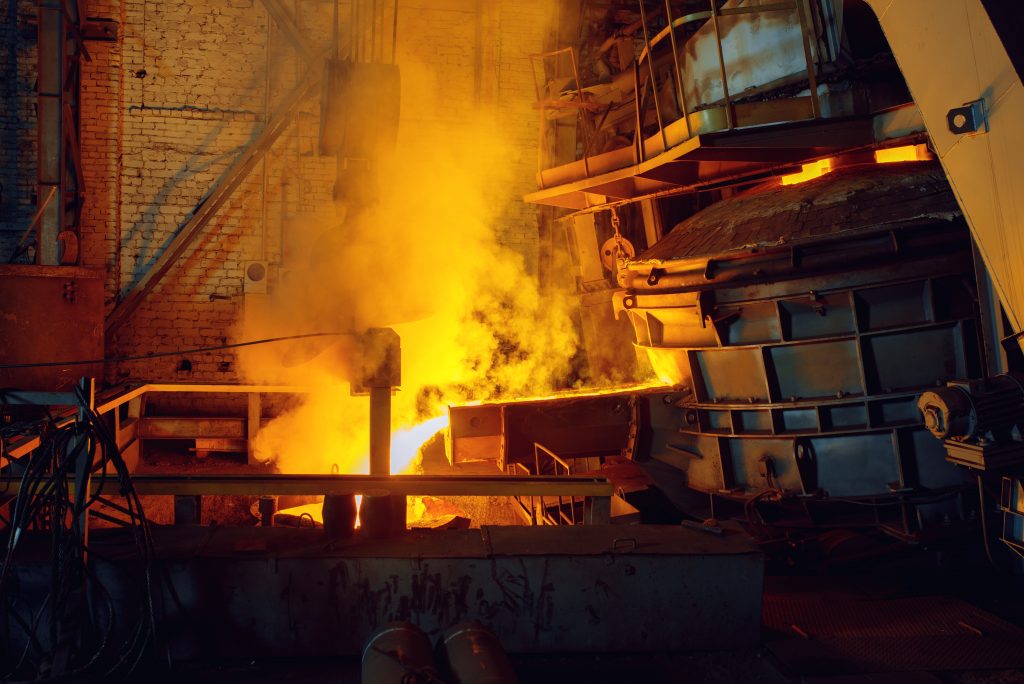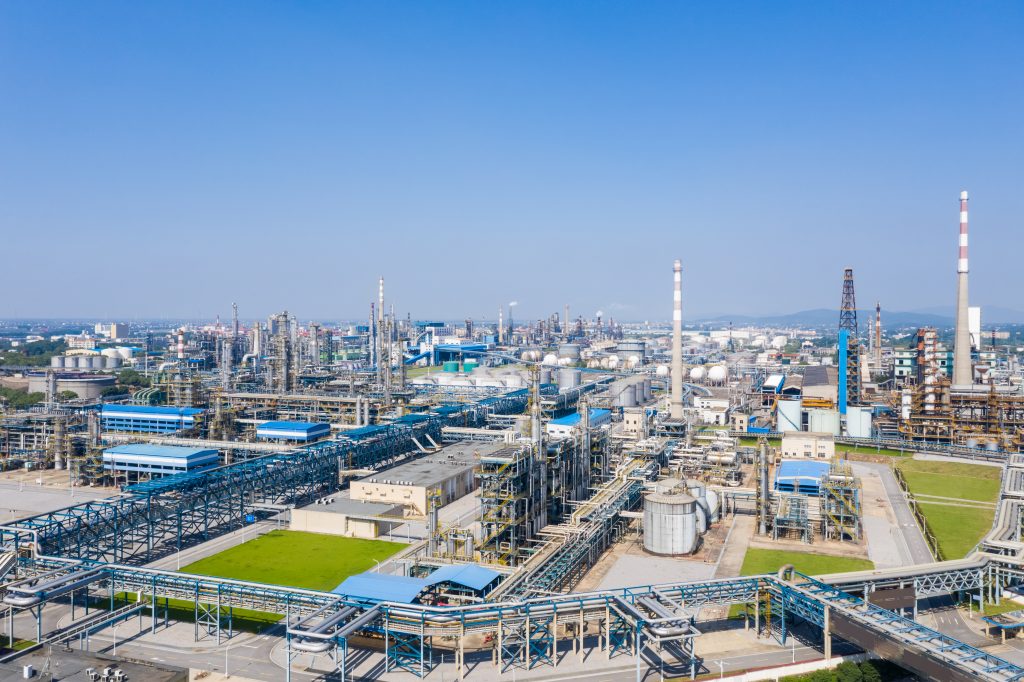Chemical industries are responsible for a wide range of products used in everyday life. They are manufactured products for urban, rural, and industrial use. Insecticides, medicines, and personal care products are derived from industrial chemical processes.
The process of these industries consists of using natural resources such as water, minerals and organic products as raw material. In order for the inputs to actually be transformed into marketable products, there is a long process of chemical transformation within the industrial plants of the sector.
The main process within this industry is that of combustion. It is from the burning that the necessary chemical transformations occur and give rise to the products mentioned above. However, this industry has some obstacles to be resolved in its future.
In the current economic scenario, climate change is a central issue for leading experts and investors. The subject is a matter of great debate, and its relevance has led many industries to think about strategies that change their operation towards a sustainable model, with conscientious use of natural resources, renewable energies and good practices in line with ESG concepts.

For the chemical sector, changing its operation to more sustainable models is a major challenge. As mentioned before, this industry uses non-renewable inputs, has combustion as one of its main processes and, in addition, uses water to clean waste.
The industry must find ways to transform its operation to keep it running for the long term. Finding renewable energy sources is critical to reducing greenhouse gas emissions.
Currently, the sector uses natural gases, coal and electricity as its main energy sources. The result of this is that the sector is responsible for 7% of the world’s energy consumption and 4% of carbon emissions.

It is necessary to find ways to reduce these numbers and digital transformation may be the way to do this. In a study by Statista, investment in the global energy transition to decarbonization was more than US$500 billion in 2020. Despite the economic disruption caused by COVID-19, there was a nine percent increase in investments over the year previous. The renewable energy sector had the largest investment, with nearly 300 billion US dollars that year, and the trend is for this number to grow even more in recent years.
The data reveal the importance of the subject and the need for decarbonization in the industrial sector. It is now up to the chemical sector to use technology to improve the energy efficiency of its assets, prevent accidents and have total control over its operation.



